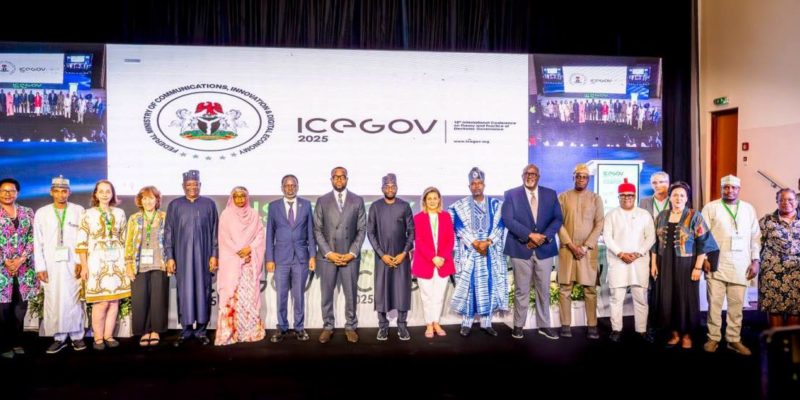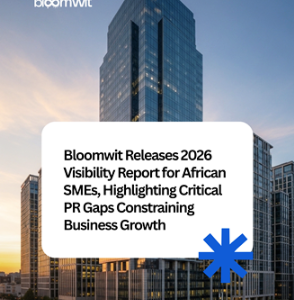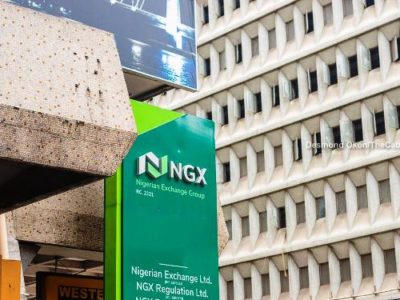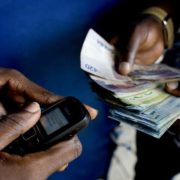Nigeria Leads Africa’s Digital Transformation Agenda
Nigeria has announced a ₦12 billion investment in digital economy research projects to accelerate innovation and ensure the country benefits fully from the dividends of digital transformation.
RELATED: WTO, World Bank warn Nigeria risks missing digital economy potential without urgent reforms
Dr. Bosun Tijani, Minister of Communications, Innovation and Digital Economy, disclosed this on Tuesday in Abuja. He spoke at the opening of the 18th International Conference on Theory and Practice of Electronic Governance (ICEGOV 2025). It is the first-ever edition to be hosted in West Africa.
Organized by the National Information Technology Development Agency (NITDA), the four-day global conference is themed “Shaping the Future of Digital Governance Through Cooperation, Innovation and Inclusion.”
₦12 Billion Research Fund Targets AI, Connectivity and Digital Skills
According to Tijani, Nigeria’s leadership in digital governance research earned it the confidence of global partners to host the 2025 ICEGOV edition.
“Immediately after last year’s ICEGOV, we funded over 55 research projects. Currently, we are committing ₦12 billion to fund new projects focused on the digital economy,” Tijani revealed.
He explained that the government is establishing three specialized research clusters across six universities each — focusing on:
- Artificial Intelligence (AI)
- Connectivity and broadband access
- Digital skills and literacy
These initiatives, he said, reflect Nigeria’s commitment to developing the digital capabilities of its people and leveraging technology for inclusive national growth.
“Digital technologies are now the core of human activity. They must not be seen only as economic tools, but as instruments to reshape and govern society,” Tijani added.
Global Experts Call for Human-Centered Innovation
Ms. Elsa Estevez, Chair of the ICEGOV Steering Committee, emphasized the importance of cooperation among all stakeholders. She said this remains important in managing the risks of Artificial Intelligence (AI) and digital technologies.
“We must ensure innovations are not just technological, but human-centered and contribute to better societies,” she said.
She also stressed the need for regulation, education, and public awareness. All these are critical to securing the digital space from misinformation, fake news, and manipulation.
Digital Literacy to Be Integrated into Nigerian School Curriculum by 2026
Kashifu Inuwa Abdullahi, Director General of NITDA, said government has approved plans to integrate digital literacy and skills into Nigeria’s formal education system by 2026, in collaboration with the Ministry of Education.
“Our youthful population is digitally native. To prepare them for the future, we must embed digital literacy into the curriculum and ensure that even public servants acquire the skills necessary for efficient service delivery,” Abdullahi said.
He added that this policy aligns with the National Digital Literacy Framework, which seeks to make 95% of Nigerians digitally literate by 2030.
Nigeria’s Digital Future on the Global Stage
The hosting of ICEGOV 2025 in Abuja underscores Nigeria’s growing reputation as a regional technology leader. Africa’s most populous country is gaining grounds as a driving force in shaping digital governance, research, and innovation.
Nigeria aims to build a digitally inclusive, knowledge-driven economy through its bold research investments, collaborative partnerships, and education reforms. According to Tijani, the goal is to have a country where technology drives both governance and human development.






























